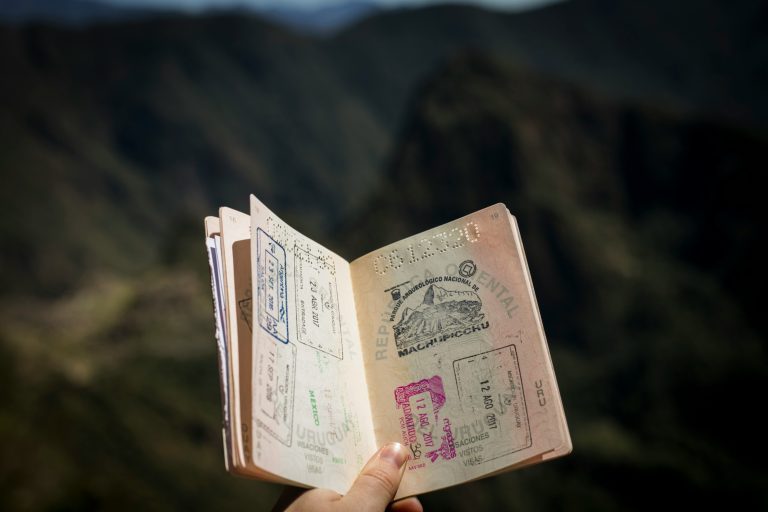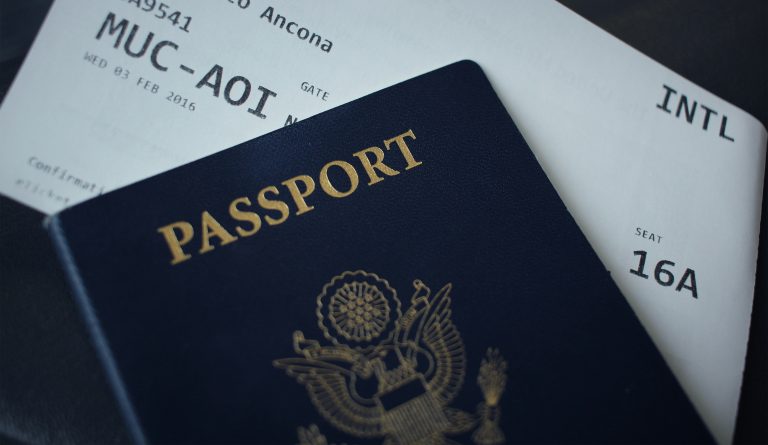Understanding Work Visas in Germany

Navigating the German visa system requires familiarity with various visa types tailored to different employment circumstances.
There are visas for skilled professionals, freelancers, and even job seekers. In this article, we will discuss the different types, how to apply for these visas, and the eligibility one must have to get a work visa in Germany.
1. EU Blue Card
The EU Blue card is a residence title that applies to foreign academics and people with comparable qualifications. Designed for highly skilled professionals, the EU Blue Card offers streamlined access to the German labor market.
Applicants must hold a recognized university degree and secure a job offer with a minimum salary threshold.
Requirements:
- A German degree or a foreign degree comparable to a German degree
- If you do not have a degree, you must have a tertiary-level qualification of at least three years to complete
- Already have a specific job offer from a German company
2. Work visa for qualified professionals
The Work visa for qualified professionals type of visa is for individuals who have completed qualified vocational training or a course of study outside Germany.
But before they can be qualified for employment in Germany as a skilled worker, they need to be eligible for Section 18a and Section 18b of the Residence Act.
Requirements:
- Qualification must be recognized in Germany or comparable to a German degree
- Specific job offer from an employer in Germany where the skillset needs a degree or qualified vocational training
- If you’re over 45 years old and will work for Germany for the first time, your gross annual salary must be at least €49,830 as of 2024
3. Visa for professionally experienced workers
This visa is ideal for experienced professionals who would like to work in a “non-regulated profession.”
Requirements:
- Vocational qualification or higher education degree
- The degree must be recognized by the government of the country where it was obtained
- Attained degree must require at least two years of training
- Concrete job offer in a non-regulated profession in Germany
- Gross annual salary must be at least €40,770 as of 2024
- The Federal Employment Agency has approved the employment
4. Visa for jobseekers
As the name implies, this visa is for individuals who want to find a new job in Germany. To give a guide on whether you require a visa or not, here’s a guide provided by make-it-in-germany.com
Requirements:
- Qualification is recognized in Germany or is equivalent to a German degree
- Adequacy in German language skills
- Financially able to cover the cost of living
Anyone can apply for a German work visa. However, the process and paperwork differ from where you came from. There are three categories that one must be familiar with.
From EU, Switzerland, Liechtenstein, Norway or Iceland
Individuals who come from these places can work in Germany without the need for a visa. They would only register if their stay exceeds three months.
From the USA, Canada, Australia, New Zealand, Israel, Japan, or South Korea
People who want to work in Germany and live in these places need to find work and apply while also processing a residence permit from the Ausländerbehörde. A perk of someone who lives here does not need to get an entry visa from the person’s German Embassy.
Other Non-EU Nationals
People who are not in the categories provided above have a longer process, which is:
- Find a job in Germany
- Apply for an entry visa from the German Embassy
- Apply for a work and residence permit at the Ausländerbehörde in Germany
There is also a different kind of process if you want to avail a Job-seeker Visa:
- Apply for the Job-Seeker Visa
- Find a job
- Submit the work residence permit to the Ausländerbehörde
Apart from the employment visa, there are also other required documents that you must comply with. These are:
- Proof of residence
- Completed application forms
- Two passport photographs
- Employment Contract/Binding job offer
- Proof of Qualification
- Curriculum Vitae and personal cover letter
- Proof of a clean criminal record
- Proof of paid visa fee
Navigating the process of obtaining a work visa in Germany demands adherence to specific eligibility criteria and a meticulous application procedure.
Whether you’re from the EU, Japan, the UK, or other nations, some processes differ from one another. Having a good knowledge of them will make the processing smoother, and decrease obstacles.
Moreover, the different kinds of visas that are available to opt for in Germany provide a good way to choose which one to get, as they have their pros and cons.
Global People is a leading local employment solutions provider for national and international corporations and can advise and escort you in your next destination.
eLearning






